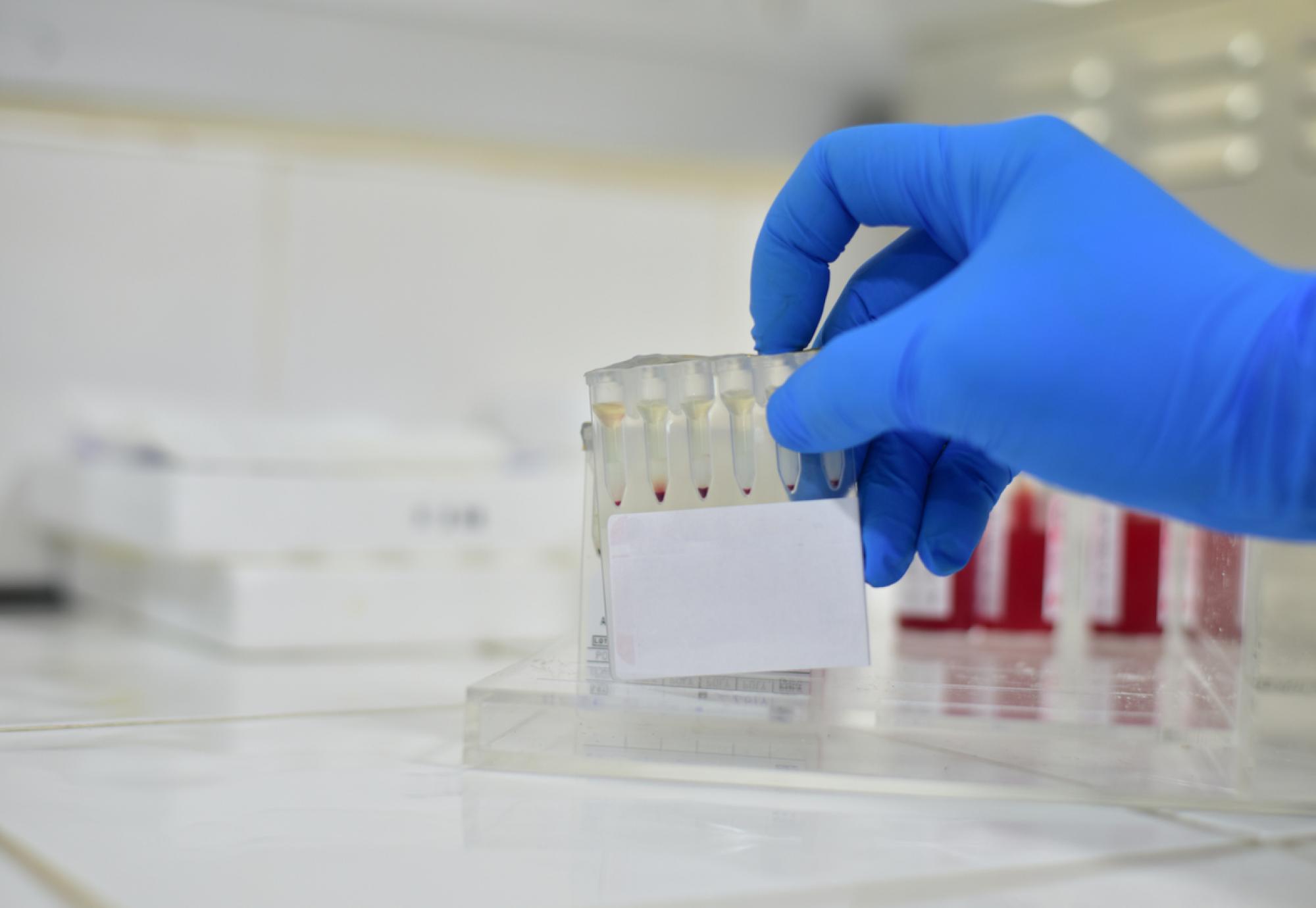A recent report from the Human Fertilisation and Embryology Authority (HFEA) looking into the growth of egg and sperm donation in the UK has uncovered a staggering lack of ethnic diversity amongst donors, with Asian and Black sperm donors being under-represented with the population.
Findings from the report have shown that the number of babies born from donor eggs, sperm or embryos rose from 2,500 in 1993 to 4,100 in 2019. Annual donor registrations also saw a steep rise, more than doubling from under 1,000 to over 2,3000 – accompanied by the proportion of imported sperm.
This rise in imported donations stems from the lack of diversity within mixed heritage providers, as mixed-heritage and black sperm is required to be sourced abroad. Julia Chain expressed being “concerned” by this, as having to rely on the use of “online donors can be extremely risky.”
The risks in this area come from separate standards that exist within collated donations between the UK and foreign subsidiaries, where British donors must complete legal paperwork to ensure they are aware of the immense responsibilities that can be involved from a child being born as a product of their donation. In the UK, there are also limitations on the number of times a donor’s eggs or sperm can be used, a requirement which cannot be guaranteed with imported donations.
In recent years there has been a steep rise in children born through donated genetic materials, with Egg, sperm and embryo donations now accounting for one in 170 births in the UK. This rise can be accounted for on a multitude of factors, such as the rise in same sex couples and population growth leading to higher numbers of people with genetic diseases that restrict the ability for pregnancies without assists through donations.


















